Ancient Greek Fashions
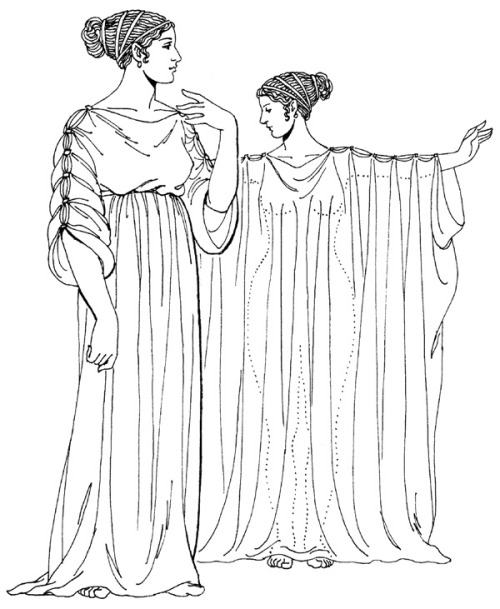
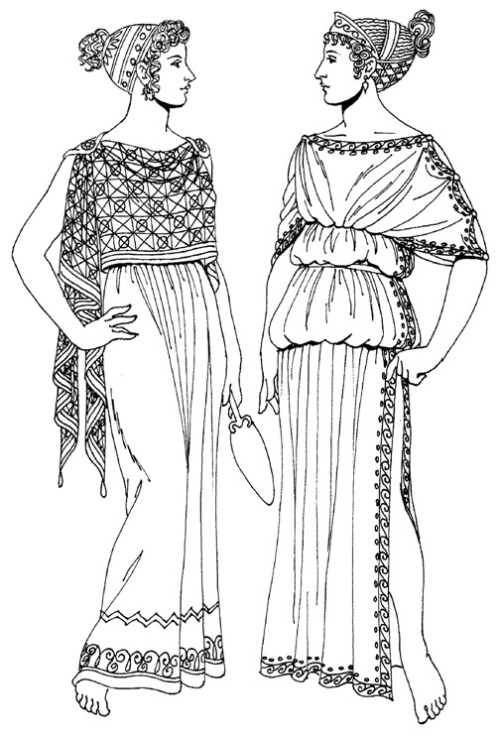
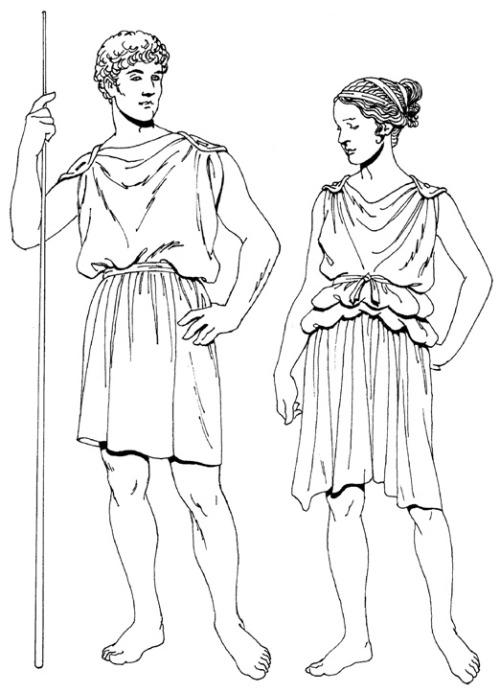

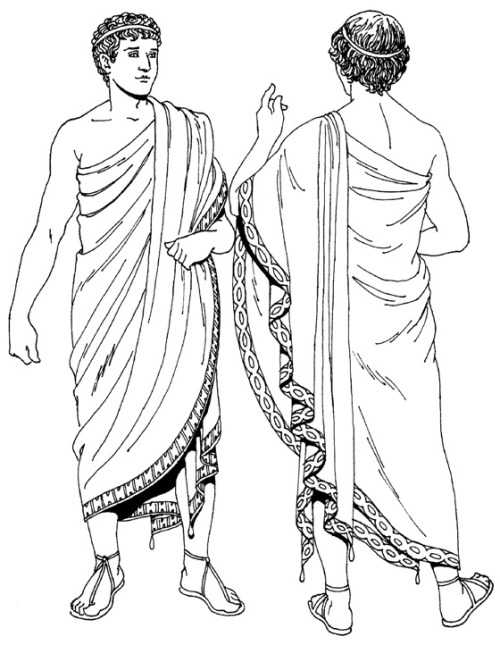
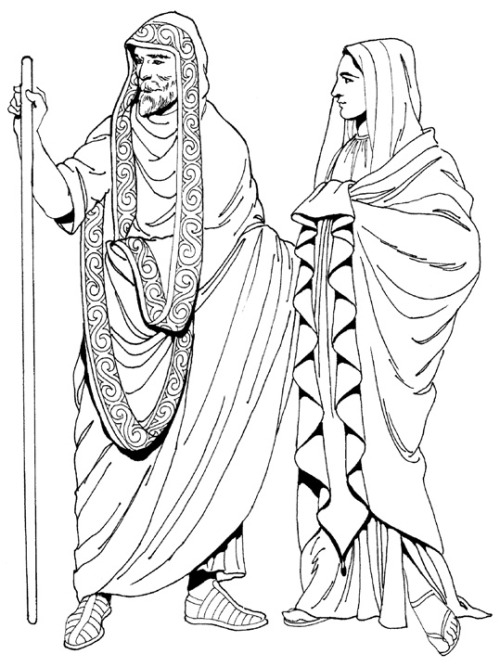

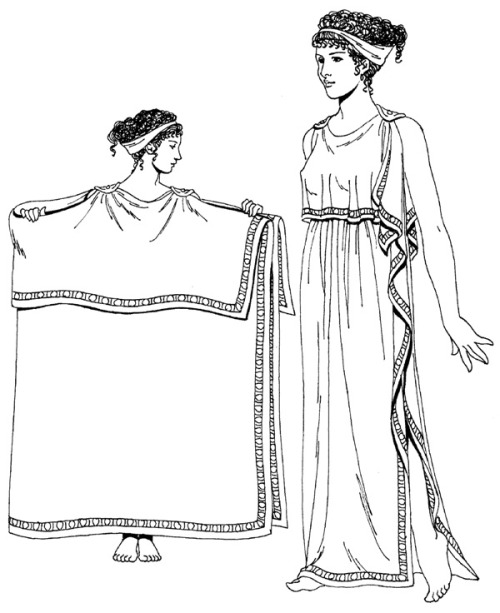


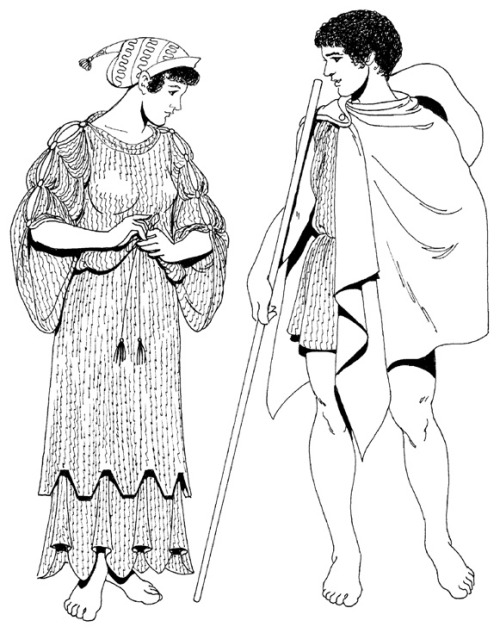
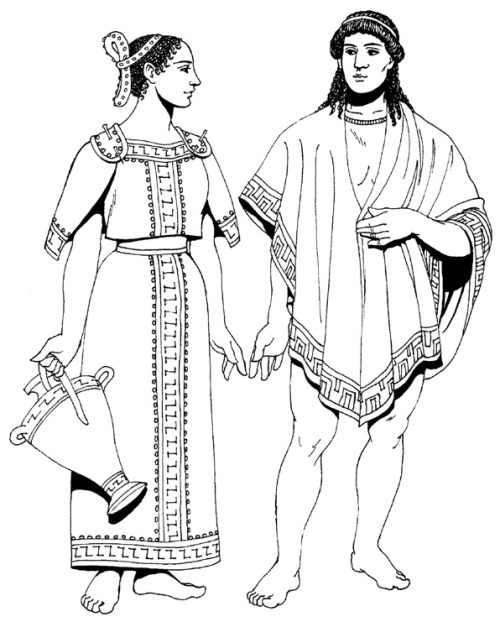
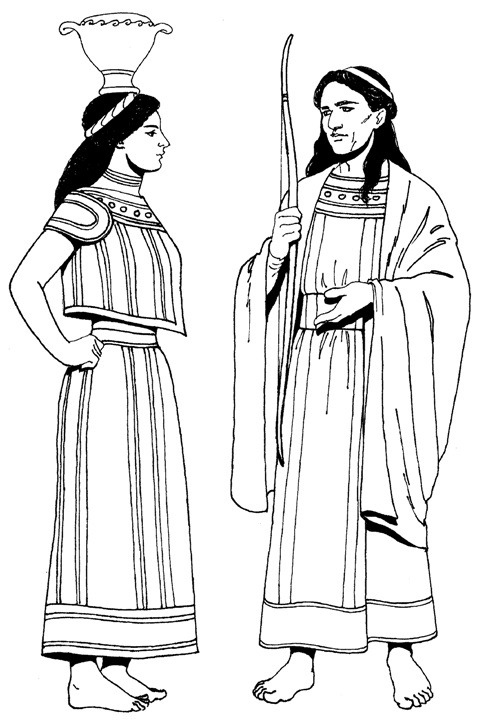
Ancient Greek fashions
1-3. chiton 4. feast guest and dancer 5-6. himatius 7. mantle 8. peplos 9. warriors 11. woman in Phrygian cap, traveler
More Posts from Tipsorina and Others
The Song of Achilles, Madeline Miller

Rating: No Good Genre: Fantasy Representation: Gay men, Greek/Mediterranean cast Trigger Warnings: rape, rape culture, explicit sex scenes, child sexualization, exotified ethnicity, character death
I stopped reading The Song of Achilles a third of the way through. I started the novel with high hopes, as The Song of Achilles promised to be an exploration of the romantic relationship between Achilles and Patroclus—taking what The Iliad only implied and putting it to paper.
Here’s what I was hoping for: an honest exploration of the ancient Greek conception of sexuality, taking into account that homoeroticism that we today would call “homosexual” was not considered part of one’s sexual identity, simply what one did (in addition to taking a wife, of course). What would a boy growing up in (mythical) ancient Greece, a land where even Zeus took male lovers, think about his own romantic and sexual desires? Does he desire only men (in The Song of Achilles this is true of both Achilles and Patroclus), and what does that mean for him personally, as compared to what it would mean for us today?
Here’s what I got: The Song of Achilles reads very much like the erotic fantasy of a straight woman about gay men. I was made personally uncomfortable, especially considering how young the characters are in the first 3rd of the book (9-16). The Song of Achilles revisits tired tropes that seem very out of place in the ancient Greek setting–a culture notorious for its fluid sexuality. Thetis (Achilles’ mother) behaves more like a small town republican than a goddess. She’s upset that Achilles and Patroclus kiss and makes it her mission to separate them. This makes absolutely no sense considering that, as a goddess, she should be above the petty who’s-kissing-who of mortals, and makes even less sense when you consider that Zeus himself took male lovers. The bigotry is only included in the text because Miller has no idea how to deal with queer characters outside of the angst of the present day. I was expecting this story to at least acknowledge that ancient Greece is not the same as Victorian England just because both periods happened out of living memory.
Neither Achilles nor Patroclus consider themselves as part of a greater social context. If Patroclus really had exclusive feelings towards men, there would be some internal narrative exploring how he feels about his feelings–how does he see himself fitting into his culture? Instead, the entire narrative focuses on the external–how attractive Achilles is, and the external consequences for their relationship (such as the disapproval of Achilles’ mother). This is what really convinced me that this book was written for straight readers. A coming of age story about queer children, yet they spare no thought for their own identities? No thoughts of the future, or considerations of whether there are others like them? I would have been incredibly interested in a well-researched novel which explores the unique challenges (and enjoyment!) of queerness in an ancient context. That would have been a truly unique novel. The Song of Achilles, however, reads like Miller read one Alex Sanchez novel and thought she was somehow qualified to write this book.
Further, Miller struggles with separating her own voice from the voice of her first person narrator, which makes for some very uncomfortable narration surrounding the bodies of 9-13 year old children. Patroclus, 9 at the time, describes Achilles as “still plump with childhood” and with “hair lit like honey in the sun.” Later, at 13, Achilles is “supple.” This is the language not of a child, but of an adult observing childhood. A child would never say another child their age was “still plump with childhood.” Patroclus’ voice gets lost in Miller’s desire to write in a sophisticated style, which has the horrible repercussion of making her novel voyeuristic.
Related to this is the fact that Miller exotifies the nationalities of her characters. Everyone has “skin the color of freshly pressed olive oil” which is so silly coming from the point of view of Patroclus, who has grown up seeing Mediterranean people all his life–and looking just like them. Frankly, it’s racist. It’s a white woman looking in and impressing her own observations, not the observations of a young Greek boy, on the narrative. Some further racism: Achilles, hyperattractive demi-god that he is, is portrayed as “whiter” than everyone else–and his beauty is almost always described by the color of his “golden” skin. His hair is honey and his eyes are green, in contrast to the dark eyes and the “nut-brown” bodies of the rest of the Greeks.
So, not only is The Song of Achilles a disappointment for queer readers looking for good representation, it’s not that well written, constantly breaking point of view to give us an uncomfortable dose of child sexualization and racism. The premise of this novel had a lot of potential, but Miller couldn’t follow through with an inoffensive execution.
For more info on Madeline Miller, here’s her website
I have been led to this article twice in the past few months and I think it’s proof I just need to stop making excuses and start taking steps to make the things I want to happen a reality.

what if every Tumblr user suddenly looses their mouse?
Iridescent clouds, looking like a rainbow in the clouds.
A diffraction phenomenon caused by small water droplets or small ice crystals individually scattering light. Larger ice crystals do not produce iridescence, but can cause halos, a different phenomenon.










After all, many people are interested in getting started with strength training and want to know what workout routine to follow. Now, developing a workout routine for yourself can be scary, but it’s really not too difficult and kind of fun once you understand the basics.
Own a pair of professional parkour shoes, please pay attention to feiyue shoes australia on http://www.icnbuys.com/feiyue-shoes-australia.
follow back


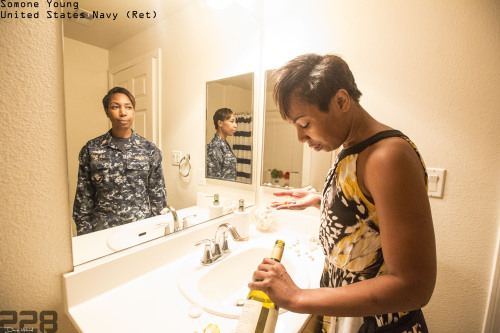
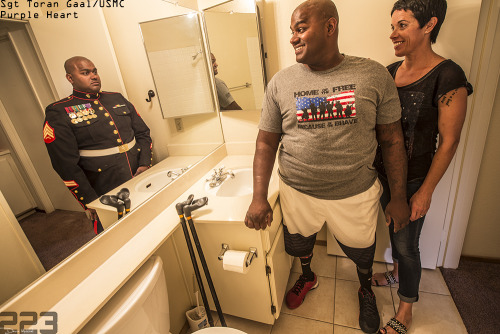


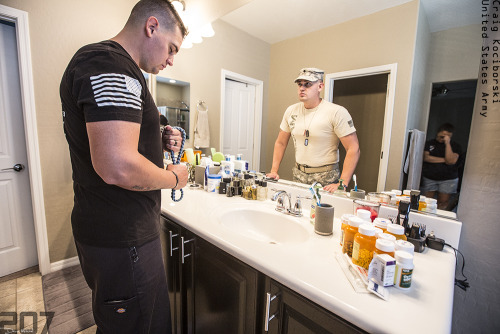
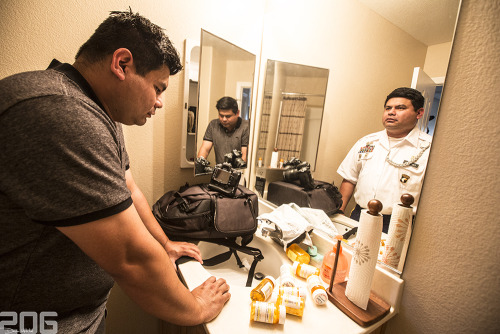

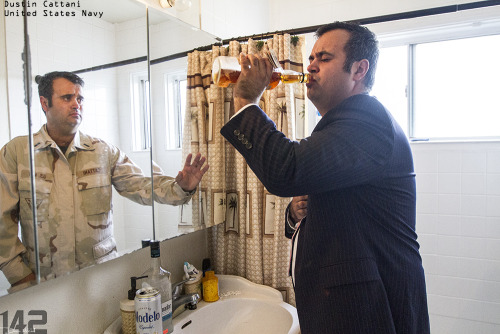
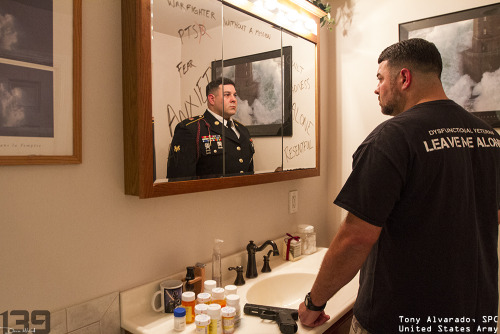






The fighting doesn’t just end after they come home.
Veteran Vision Project
Update:Τα 18.
*Η στιγμή που το κορίτσι που ήμουν στα 16 μου,άλλαξε στα 17 για να καταλήξει αυτό που είναι στα (τόσο κοντινά)18 μου.
Υπάρχουν ακόμα μέρες που κλαις για καταστάσεις και πρόσωπα του παρελθόντος,μέρες που δε θες να σηκωθείς καν από το κρεβάτι,που θες για λίγο απλά να υπάρχεις στον χώρο,χωρίς όμως να κάνεις τίποτα.
Αλλά:Οι μέρες εκείνες είναι τόσο λίγες,μπροστά σε εκείνες που νιώθεις ευγνώμων για ό,τι έχεις καταφέρει ως τώρα.
Ένα αγόρι θα σου πει πόσο του αρέσουν τα μακρυά μαλλιά σου γιατί “αυτά ταιριάζουν στις κοπέλες”.Και τότε αποφασίζεις να κάνεις αυτό που ήθελες τόσο καιρό αλλά δίσταζες:τα κόβεις.Δε σε νοιάζει τόσο πια η γνώμη των άλλων.Έτσι τολμάς κι εκείνα τα piercing και φοράς πλεον ό,τι αρέσει σε εσένα γιατί πια δε σε αφορά η μόδα.Νιώθεις μια περίεργη μορφή εσωτερικής ελευθερίας.
Έκανες κάποιους λάθος χειρισμούς.Θα συνεχίσεις να κάνεις.Αλλά πλεον έχεις μάθει να σε συγχωρείς και όχι να σε καταδικάζεις.Έπαψες πια να ανακυκλώνεις τις αρνητικές αυτές σκέψεις στο μυαλό σου.
Συνηθίζουν(λανθασμένα) να λένε ότι η ωριμότητα πάει με την ηλικία.Έτσι θα χάσεις λίγο την ανεμελειά σου γιατί ένας μελλοντικός ενήλικας έχει περισσότερες ευθύνες απο τον 16χρονο εαυτό σου.Θα αρχίσει σιγά σιγά να σβήνεται το χαμόγελό σου και τη θέση του να παίρνει ένα πρόσωπο βουτηγμένο στις υποχρεώσεις.Μην επιτρέψεις να χαθεί αυτό το παιδί από μέσα σου.
Διαφώνησες αρκετά αυτά τα δύο χρόνια και έχασες άτομα.Κάποια μάλιστα ήταν σημαντικά για εσένα.
Αλλά: Κέρδισες εσένα και δεν επέτρεψες σε κανέναν να σε αλλάξει.Και δεν μπορώ να φανταστώ μεγαλύτερη νίκη από αυτήν εδώ.
Συνειδητοποίησες την προσωρινότητα των καταστάσεων και κατάλαβες ότι οι άνθρωποι δε μπορούν να μείνουν για πάντα.Βέβαια,είμαστε κι εμείς οι ίδιοι που αποχωρούμε κάποιες φορές.
Τελικά έκανες πράγματα που ισχυριζόσουν ότι δε θα κάνεις ποτέ.Κάποια μάλιστα τα επανέλαβες διότι σου άρεσε η γλύκα της “αμαρτίας”.Έτσι,ήπιες λίγο παραπάνω και δε γύρισες σπίτι την ώρα που είχες υποσχεθεί.Ή μάλλον ίσως και να μη γύρισες καθόλου.Ανοίχτηκες σε άτομα που δεν περίμενες ότι θα ερχόσασταν τόσο κοντά και τόλμησες επιτέλους να φύγεις από καταστάσεις που για χρόνια σε έπνιγαν.Έσπασες τους κανόνες για ό,τι ποθούσε ανέκαθεν η καρδιά σου.Διεκδίκησες,υποτιμήθηκες,πόνεσες,κέρδισες αυτό που επιθυμούσες,αλλά έμαθες και να χάνεις.
Πλήγωσες και πληγώθηκες παραπάνω απ’ όσο πίστευες ότι θα αντέξεις.Και όμως,να ‘σαι εδώ.Ακόμα πιο δυνατή.Ακόμα πιο εντάξει με την ιδέα ότι έσφαλες.
Αλλά: Ακόμα πιο σίγουρη ότι δε γίνεται να φταις για όλα εσύ.
Η ευτυχία σου δεν εξαρτάται πια από κανέναν άνθρωπο.Η ευτυχία σου καθορίζεται από εσένα.Και δεν ξέρεις πόσο υπέροχο είναι αυτό.
Χρειάστηκε να πεις πολλές φορές ένα μεγάλο “Άντε στο διάολο” σε καταστάσεις που δεν οδηγούν πουθενά.Κι έτσι,προχώρησες σε νέα πράγματα,καλύτερα.
Παρέμεινες ζωντανή κι έφτασες μέχρι εκεί που δε μπορούσες καν να φανταστείς ότι θα καταφέρεις να φτάσεις ποτέ.Τα μαύρα σύννεφα έφυγαν.
Έφαγες λίγο παραπάνω και δεν κοιμήθηκες καθόλου κάποια βράδια.Ξενύχτησες.Απέκτησες μαύρους κύκλους και ραγάδες.Ψήλωσες.Πάχυνες και αδυνάτησες.Και κάπως έτσι έμαθες λίγο παραπάνω να σε αγαπάς.
Τωρινέ μου εαυτέ,είμαι περήφανη για εσένα.
Υ.Γ.:Σε όποιον νιώθει ότι δε θα φτάσει μέχρι τα 18,διότι δεν αντέχει άλλο:Ο πόνος αυτός είναι προσωρινός και όλα εκείνα που σε περιμένουν τόσο μεγάλα που αξίζει να παλέψεις γι'αυτά.Τις πιο όμορφες μέρες δεν τις έχεις ζήσει ακόμα.Τα λέμε.

#justiceformuslims
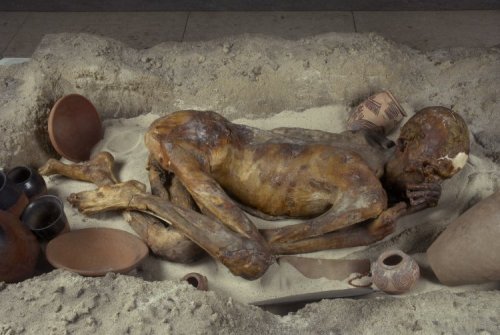
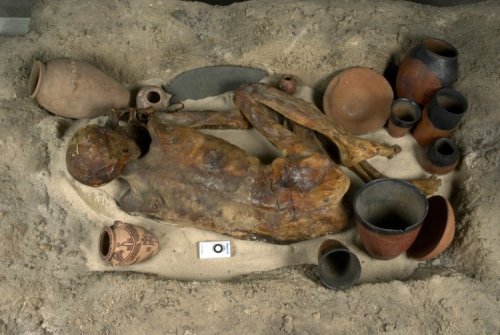
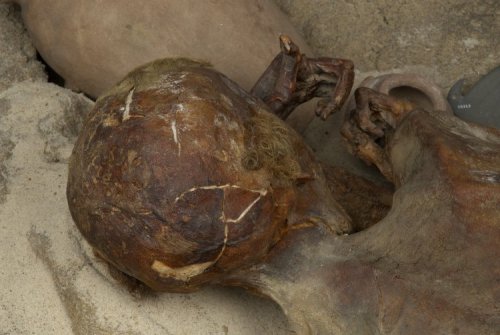
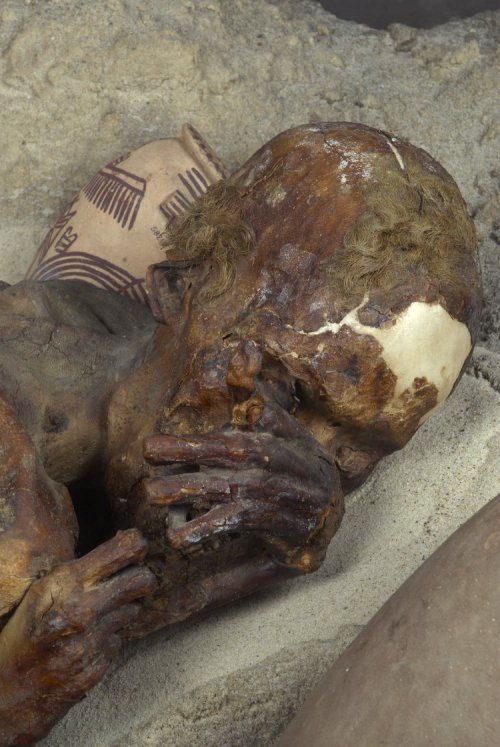
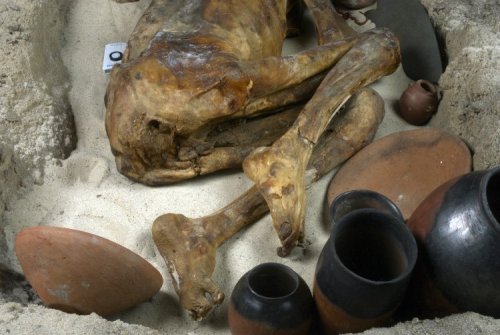
~ Predynastic Egyptian man.
Date: ca. 3500 B.C.
Place of origin: Gebelein
Period/culture: Late Predynastic; Naqada II
-
 not-easily-conquered reblogged this · 2 months ago
not-easily-conquered reblogged this · 2 months ago -
 princess-pathetic-112898 liked this · 2 months ago
princess-pathetic-112898 liked this · 2 months ago -
 june-sunsets liked this · 2 months ago
june-sunsets liked this · 2 months ago -
 sammyboof liked this · 2 months ago
sammyboof liked this · 2 months ago -
 doctorwookie liked this · 2 months ago
doctorwookie liked this · 2 months ago -
 sun-on-the-ceiling liked this · 2 months ago
sun-on-the-ceiling liked this · 2 months ago -
 unknownthinkingprocesses reblogged this · 2 months ago
unknownthinkingprocesses reblogged this · 2 months ago -
 unknownthinkingprocesses liked this · 2 months ago
unknownthinkingprocesses liked this · 2 months ago -
 halusifreak liked this · 2 months ago
halusifreak liked this · 2 months ago -
 jadeseadragon liked this · 3 months ago
jadeseadragon liked this · 3 months ago -
 ineffable-inspirations reblogged this · 3 months ago
ineffable-inspirations reblogged this · 3 months ago -
 merrypagansoul reblogged this · 3 months ago
merrypagansoul reblogged this · 3 months ago -
 labelleizzy liked this · 3 months ago
labelleizzy liked this · 3 months ago -
 silverseadra liked this · 3 months ago
silverseadra liked this · 3 months ago -
 slasherslut883 liked this · 3 months ago
slasherslut883 liked this · 3 months ago -
 raeven09-3 liked this · 4 months ago
raeven09-3 liked this · 4 months ago -
 fantabulousbaby liked this · 4 months ago
fantabulousbaby liked this · 4 months ago -
 blurry-gay-cryptid liked this · 4 months ago
blurry-gay-cryptid liked this · 4 months ago -
 roacquiesces liked this · 4 months ago
roacquiesces liked this · 4 months ago -
 zuuz-dot-chr-exe reblogged this · 5 months ago
zuuz-dot-chr-exe reblogged this · 5 months ago -
 zuuz-dot-chr-exe liked this · 5 months ago
zuuz-dot-chr-exe liked this · 5 months ago -
 sebastian-louis liked this · 5 months ago
sebastian-louis liked this · 5 months ago -
 oneofthosecrazycatladies liked this · 5 months ago
oneofthosecrazycatladies liked this · 5 months ago -
 wonder-worker reblogged this · 5 months ago
wonder-worker reblogged this · 5 months ago -
 treestar liked this · 5 months ago
treestar liked this · 5 months ago -
 manicmagic1 liked this · 5 months ago
manicmagic1 liked this · 5 months ago -
 thegingergal reblogged this · 5 months ago
thegingergal reblogged this · 5 months ago -
 beccaelizabeth315 reblogged this · 5 months ago
beccaelizabeth315 reblogged this · 5 months ago -
 teemanajalkiviisaus liked this · 5 months ago
teemanajalkiviisaus liked this · 5 months ago -
 lady-sappho reblogged this · 5 months ago
lady-sappho reblogged this · 5 months ago -
 lady-sappho liked this · 5 months ago
lady-sappho liked this · 5 months ago -
 ceebee-eebee liked this · 5 months ago
ceebee-eebee liked this · 5 months ago -
 sugarsugarmp3 liked this · 5 months ago
sugarsugarmp3 liked this · 5 months ago -
 a-mythologynerd reblogged this · 5 months ago
a-mythologynerd reblogged this · 5 months ago -
 slettlune reblogged this · 5 months ago
slettlune reblogged this · 5 months ago -
 bluebattlebagel liked this · 6 months ago
bluebattlebagel liked this · 6 months ago -
 farmageddonlove reblogged this · 6 months ago
farmageddonlove reblogged this · 6 months ago -
 sylverfyre824 liked this · 6 months ago
sylverfyre824 liked this · 6 months ago -
 cyanide-muffins reblogged this · 6 months ago
cyanide-muffins reblogged this · 6 months ago -
 cyanide-muffins liked this · 6 months ago
cyanide-muffins liked this · 6 months ago -
 diary-of-an-onliner reblogged this · 6 months ago
diary-of-an-onliner reblogged this · 6 months ago -
 diary-of-an-onliner liked this · 6 months ago
diary-of-an-onliner liked this · 6 months ago -
 scrmnviking liked this · 6 months ago
scrmnviking liked this · 6 months ago -
 freshgratednutmeg reblogged this · 6 months ago
freshgratednutmeg reblogged this · 6 months ago -
 asflya liked this · 7 months ago
asflya liked this · 7 months ago -
 supersciencegeek liked this · 7 months ago
supersciencegeek liked this · 7 months ago -
 yenoodlethings reblogged this · 7 months ago
yenoodlethings reblogged this · 7 months ago -
 freshgratednutmeg liked this · 7 months ago
freshgratednutmeg liked this · 7 months ago -
 tgvqaz reblogged this · 7 months ago
tgvqaz reblogged this · 7 months ago
